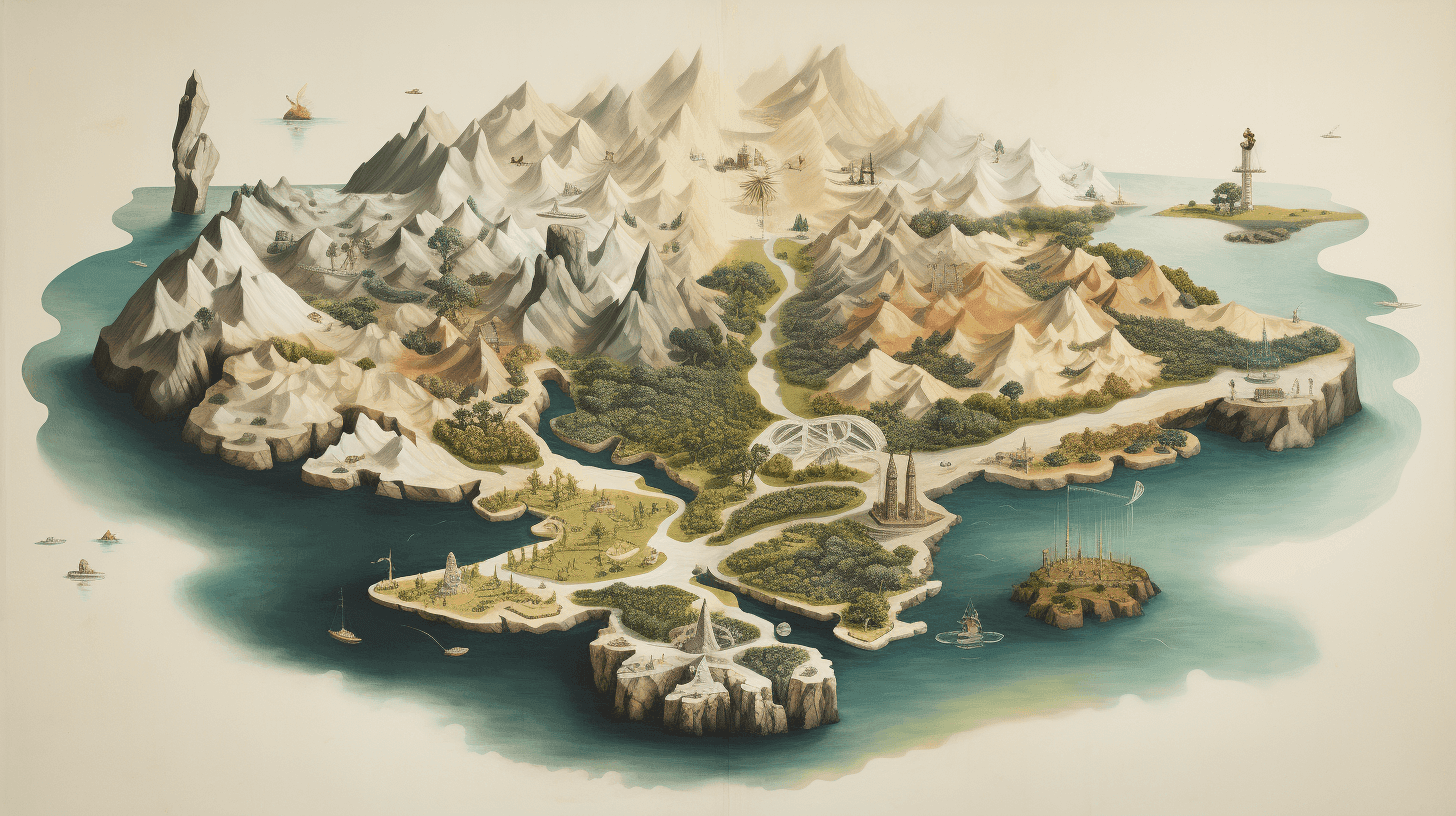Geography
Geography is the study of places and the relationships between people and their environments. It seeks to understand where things are found, why they are there, and how they develop and change over time. As an interdisciplinary field, geography bridges the natural sciences (physical geography) and the social sciences (human geography).
Etymology
The word "geography" comes from the Ancient Greek words 'geo' meaning "earth" and 'graphia' meaning "to write". Thus, geography translates to "writing about the Earth".
Branches of Geography
Physical Geography
Physical geography focuses on the natural environment and encompasses the study of the Earth's atmosphere, land, and oceans. Sub-disciplines include:
- Meteorology: Study of weather patterns and atmospheric phenomena.
- Biogeography: Study of the distribution of species and ecosystems.
- Geomorphology: Study of the Earth's surface features and the processes that shape them.
Human Geography
Human geography studies the impact of humans on the Earth and vice versa. Sub-disciplines include:
- Economic Geography: Study of how economic activities are spatially distributed.
- Political Geography: Analysis of political entities and their spatial implications.
Modern Geography
Today, geography uses advanced tools and methodologies, from satellite imaging to data analytics, to study and predict climatic changes, understand urbanization patterns, plan sustainable development, and address various global challenges.
- Cultural Geography: Exploration of cultural norms, practices, and influences across regions.
Geographical Techniques
This involves the tools and techniques used in geographical research, such as Geographic Information Systems (GIS), Remote Sensing, and Cartography (the art and science of map-making).
History of Geography
The study of geography can be traced back to ancient civilizations, including the Greeks, Chinese, and Babylonians. Early geographers like Eratosthenes and Ptolemy made significant contributions to the understanding of the Earth's shape, size, and the science of map-making.

Importance and Applications
Geography plays a critical role in shaping our understanding of the ever-evolving world. It aids in disaster management, environmental conservation, urban planning, and policy formulation. Its interdisciplinary nature makes it pivotal in addressing global issues like climate change, migration, and sustainability.
